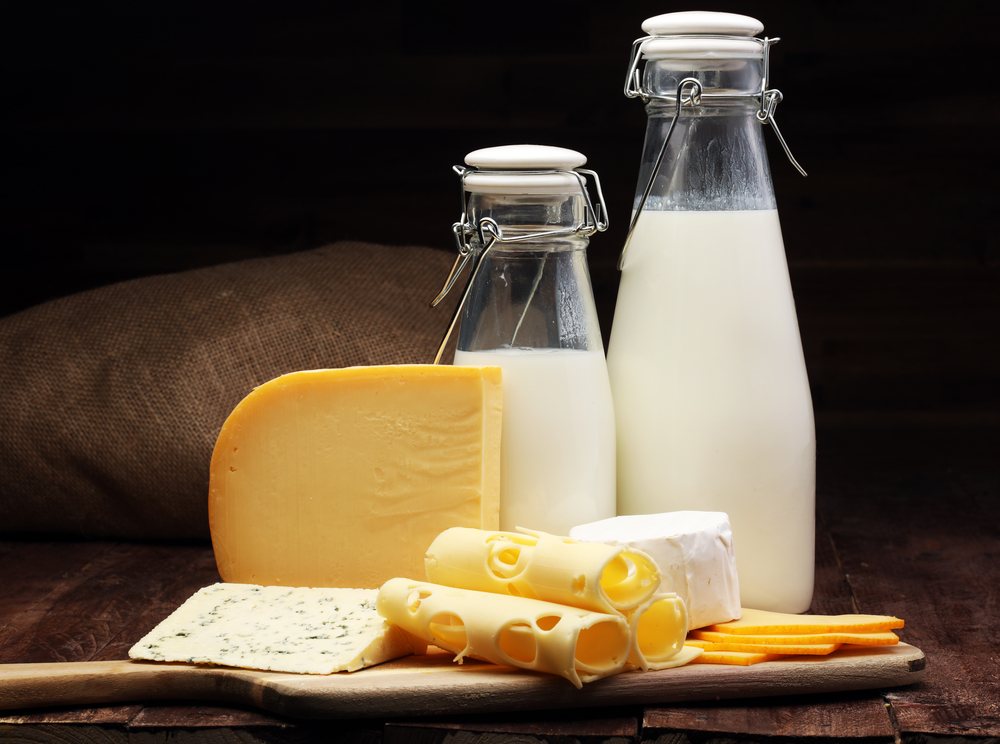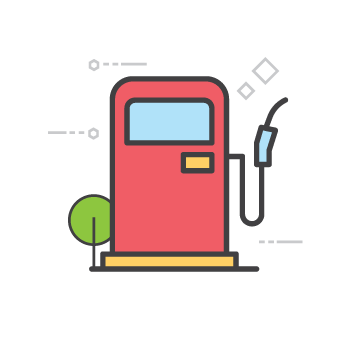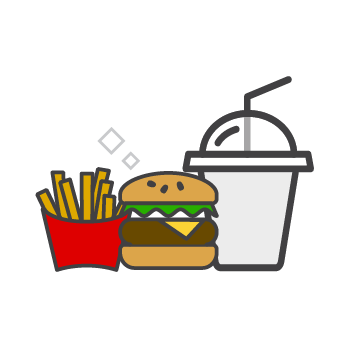Five Everyday Foods That Can Cause Bloating and How to Prevent It
by Carolyn Lee Jul 3, 2023

Stomach bloating is uncomfortable and can be painful. Constipation, overeating, and weight gain can cause bloating. GERD, ovarian cancer, irritable bowel syndrome, celiac disease, and gluten or lactose intolerance can irritate the digestive system, resulting in bloating. There is another cause for bloating that we seldom focus on, certain foods.
How do you know that you have stomach bloating?
People who experience bloating will notice that their bellies might appear swollen or feel tight (full), causing discomfort or pain. This gassiness is not a severe health problem and can be avoided.
What foods cause stomach bloating?
Beans: Many fibre-rich beans have significant amounts of carbohydrates, especially sugars called oligosaccharides. These sugars don’t digest easily, leading to fermentation and gas. Some people with irritable bowel syndrome (IBS) might experience excess gas during fermentation, resulting in cramping, bloating, diarrhoea, and flatulence. Suggestion: Soak beans in water before mealtime to weaken oligosaccharides and make them easier to digest.
Dairy: After a while, most people lose the ability to digest lactose, causing bloating and diarrhoea. Suggestion: Avoid dairy products such as ice cream, milk, cheese, butter, yoghurt, etc. Try milk alternatives like coconut, oat, cashew, almond, rice, or soy milk.
Cruciferous vegetables: Cabbage, kale, cauliflower, and broccoli (cruciferous vegetables) have raffinose, a sugar that produces gas and causes bloating. Raw vegetables are difficult to digest. Suggestion: Cooking cruciferous vegetables can reduce bloating. Also, you can eat different vegetables like cucumbers, spinach, zucchini, or asparagus.
FODMAP Foods: Watermelon, apricots, cherries, peaches, onions, and peas are some FODMAP foods (fermentable oligosaccharides, disaccharides, monosaccharides, and polyols) that contain carbohydrates the small intestine cannot entirely absorb. The undigested carbohydrates can accumulate, leading to bloating. Suggestion: Use fresh herbs or spices as an alternative to onions. Also, cucumbers, bananas, papayas, and ginger are FODMAP foods that can ease bloating.
Apples: Eating apples lowers the risk of heart disease, among other health benefits. However, apples are fibre-rich, containing sorbitol and fructose, which are hard for some people to digest, resulting in bloating and other digestive problems. Suggestion: Eat apples in moderation. Also, peel or cook apples to help prevent bloating.

When should you contact your doctor about bloating?
Although bloating is not considered a severe health issue, you should speak to your doctor if you regularly experience gassiness. Incessant bloating or distention may signal severe conditions, like malignancy or enlargement of one of the abdominal organs.
If you found this article interesting and wish to read others like it, please head to Find Yello and click the Articles tab. You can use our search bar to locate supermarkets, doctors, dietitians, or related products and services.
Sources: Cleveland Clinic, Healthline, Web MD, and Health.








